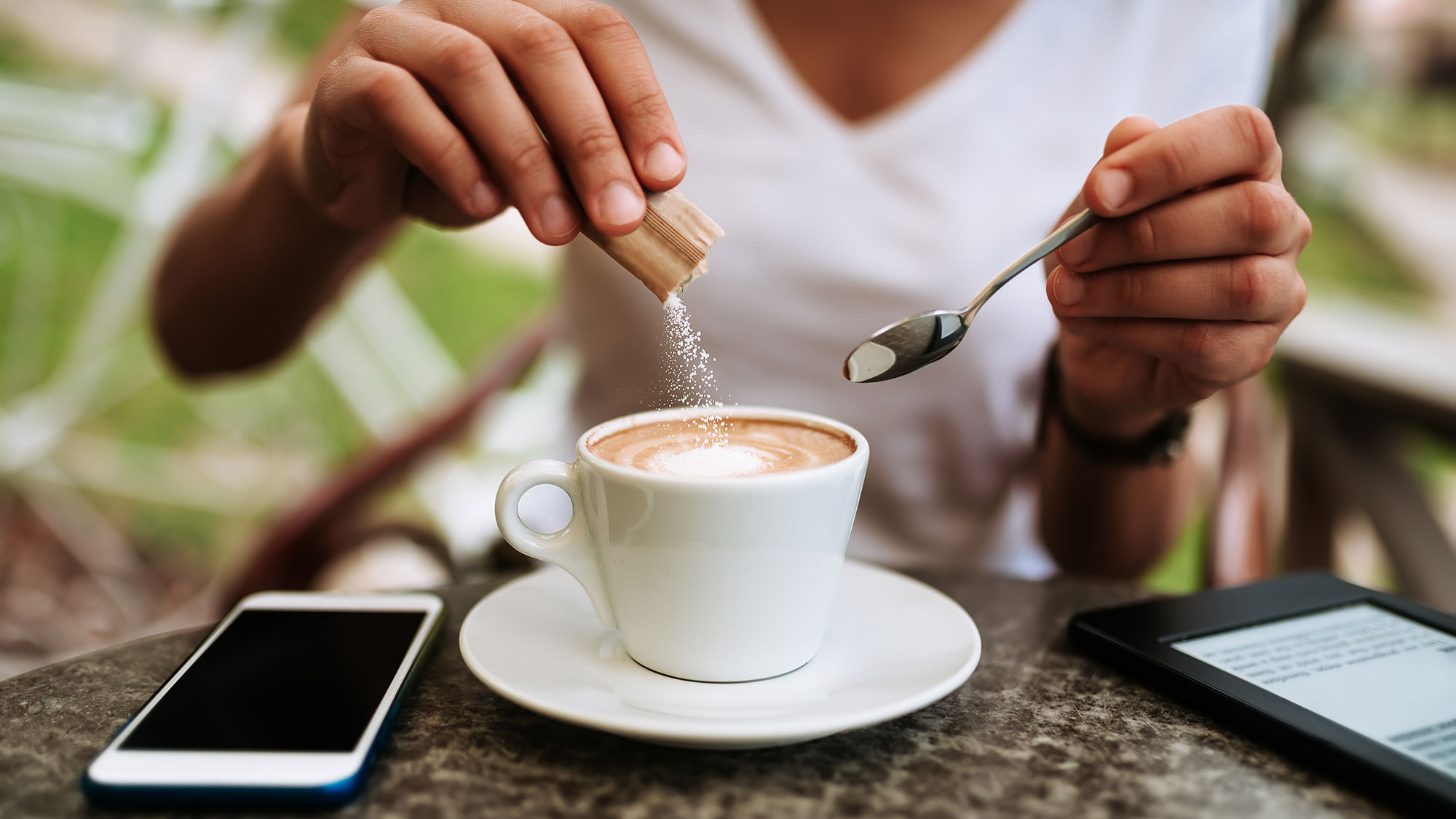Sugar substitutes: 6 sweet alternatives and when to use them
Looking to cut the sugar from your diet? Discover more about healthy sugar alternatives (and one to avoid)

The health risks surrounding sugar have been well-documented, with excessive consumption increasing our risk of diabetes, heart disease and cancer.
‘New guidelines advise cutting our intake to six teaspoons a day (25-30g). A can of fizzy drink contains about nine,’ says nutritionist Christine Bailey. ‘And, while sugars are found naturally in fruits, vegetables and milk, it’s added sugars – sucrose (table sugar), syrups, fructose and fructose corn syrup – that do most damage to our health.’
- How to eat healthily on a budget
- How to lower blood sugar levels
- Best heart rate monitors to keep track of your ticker
For those looking to cut their intake, Christine advises looking at the glycaemic index (GI), too. ‘Those with low GI (0-50) are metabolised more slowly, helping you to avoid sudden spikes and dips in blood sugar,’ she says.
So what sugar alternatives are out there? We’ve rounded up six available options, and advise the best ways to swap them for regular sugar…
1. Honey
GI value: 30 (raw), 70 (processed)
Pros: Raw and manuka honey contain antioxidants, enzymes and antimicrobial benefits. Raw honey also has a much lower GI value compared to processed forms.
Cons: Avoid processed honey as it can contain up to 53% fructose – one of those pesky added sugars
Start your week with achievable workout ideas, health tips and wellbeing advice in your inbox.
Best for: Winter warming drinks - add just ½-1 a teaspoon to hot drinks for a pick-me-up
We love: Tiana Organic Raw Active Wild Flower Honey
2. Maple syrup
GI value: 54
Pros: Made from maple-tree sap, it contains manganese, iron and calcium and has a lower fructose level than honey, so is easier to digest
Cons: Often highly processed with a high GI. Plus it’s runny so it can be easy to pour too much
Best for: Vegans as an alternative to honey
3. Xylitol
GI value: 7
Pros: Naturally present in fruit and veg, it’s one of the most popular low-GI sugar alternatives. It has fewer calories and can prevent tooth decay. Taste-wise, it’s a similar sweetness to table sugar so can be swapped easily into recipes.
Cons: Like fibre, it’s not fully digestible, so it can cause bloating
Best for: Diabetics
4. Coconut sugar
GI value: 35
Pros: With a molasses-like taste, coconut sugar contains traces of iron, zinc, calcium, potassium and insulin, which may slow glucose absorption and help feed beneficial gut bacteria.
Cons: It has a similarly high calorie content to sugar
Best for: Baking
We love: Biona Organic Coconut Palm Sugar
5. Stevia
GI value: 0
Pros: From the leaves of the Stevia Rebaudiana plant, this is low in fructose and almost calorie-free
Cons: It’s a lot sweeter than sugar, and can leave a bitter aftertaste. Some brands mix it with other ingredients, so be sure to check the label
Best: In tea or coffee
We love: Sweet Leaf Organic Stevia
6. Agave syrup
GI value: 30-40
Pros: Derived from a tropical plant, it has a relatively low GI
Cons: Its reputation as a healthy sweetener has been questioned recently. It’s high in fructose – containing up to 70%, depending on the process it undergoes – which is higher than demonise-fructose corn syrup.
Best: avoided!
Launched in 2020, Fit&Well.com is all about helping you meet your health and fitness goals in ways that are fun and achievable. With news and features on fitness, weight loss, running, nutrition, yoga, wellness and more, we're committed to helping you wherever you are on your fitness journey. We break down the best fitness tech, with reviews, buying guides and the latest deals on fitness and wellness kit, from dumbbells to diffusers.
We cater for all difficulty levels here. It doesn't matter if you're a beginner in the world of fitness or you're gearing up for your tenth marathon: we're all moving towards the same goal – creating a healthier, happier you. From guides on getting started doing walks around the block, to creating the perfect work-from-home space, to eating to fuel your first triathlon. It's all here.

